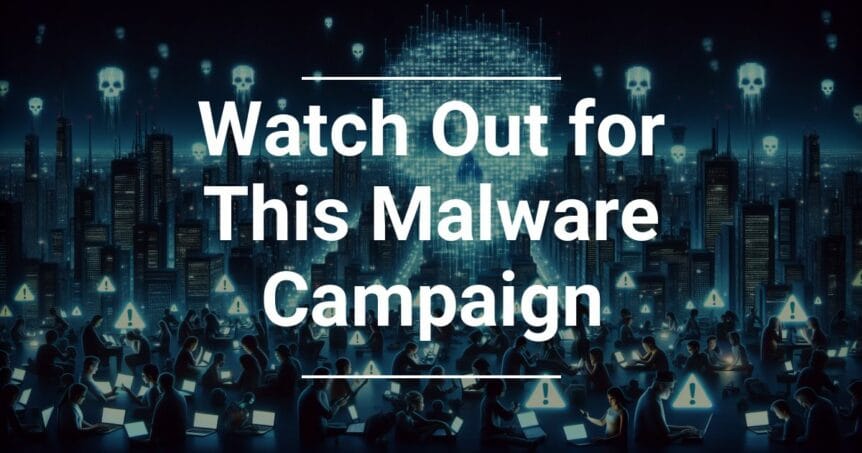Social engineering has become a powerful tool for cybercriminals. By manipulating individuals into revealing sensitive information or unwittingly installing malware, these attackers exploit human trust and emotions. This form of cyberattack bypasses traditional security measures, making it a pressing concern for both individuals and organizations.
While phishing is a well-known tactic, hackers have diversified their methods to include more sophisticated strategies. Drive-by downloads are particularly insidious; users are tricked into downloading malware simply by visiting compromised websites. These deceptive tactics can result in significant data breaches and financial damage, underscoring the need for vigilance.
Details of the FakeBat Loader Threat
In recent times, cybercriminals have increasingly relied on drive-by downloads to spread malware. A prominent tool in these campaigns is the FakeBat Loader. This malicious software disguises itself as legitimate updates or error messages on seemingly authentic landing pages. Users, believing they are fixing a problem, end up downloading harmful software instead.
The FakeBat Loader targets a variety of widely-used software applications, including:
- Google Chrome
- Microsoft Teams
- Inkscape
- Zoom
- 1Password
- Anydesk
- Trello
By leveraging the FakeBat tool, hackers can deploy remote access trojans (RATs) to take control of devices or use information-stealing malware like BitRAT and Lumma Stealer to pilfer sensitive data.
Protective Measures and Best Practices
To protect yourself from the FakeBat Loader, it is crucial to verify that all software updates come directly from the official software developers. Avoid downloading updates from third-party landing pages or unsolicited prompts. Always visit the official website of the software provider to ensure the authenticity of any updates.
Given the sophisticated nature of the FakeBat Loader, having strong antivirus protection on all endpoints is essential. Ensure that your chosen antivirus solution is capable of detecting and blocking malicious files. Regularly update your antivirus software to stay protected against the latest threats.
For business owners, fostering a culture of cybersecurity awareness among employees is vital. Regular training sessions on identifying phishing schemes and understanding the risks of drive-by downloads can significantly reduce the likelihood of falling victim to malware campaigns like FakeBat. Continuous education helps employees remain vigilant and contributes to a robust security posture.





